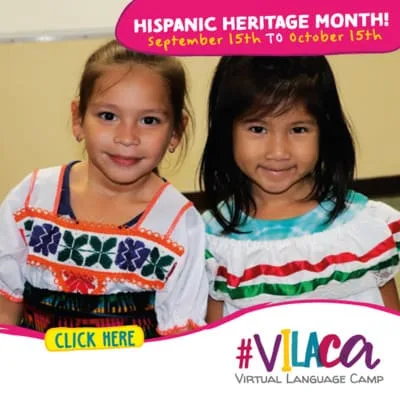Mexican food is quite popular in parts of the U.S. Amongst the list of popular foods that many would recognize are Mexican tacos. But for those who have ventured further into Mexican cuisine know that a dish called pozole, is an iconic dish too. This Aztec Dish is a hearty stew that is cooked for many different occasions. During these past holidays one could easily have found a steaming pot of pozole ready to be enjoyed for the holiday dinner in Mexican homes. Pozole is a popular dish that dates before Spanish colonization! Mexican food
“Pozole is typically made with pork and hominy kernels, topped with shredded cabbage, diced onions, thinly sliced radish, and served with lime, salsa and tostadas.”
Pozole is typically made with pork and hominy kernels, topped with shredded cabbage, diced onions, thinly sliced radish, and served with lime, salsa and tostadas. The stew can also be made in three different colors, white pozole, green pozole, and red pozole. Many say that the different colors of this stew is an homage to the Mexican flag, that contains the colors red, white, and green. The Jalisco red pozole, which is the better known version, gets its distinct color from chiles like guajillo, ancho, or piquin. Green pozole is made with tomatillos, or green tomatoes. This version is popular in the Mexican state Guerrero and is typically made with chicken. White pozole is traditionally made with pork, hominy, and a clear broth. Pozole is an Aztec recipe, with some substitutions. In ancient Aztec ceremonies we find this major difference. The indigenous ancestors used human flesh in the stew. Aztec priests would make human sacrifices to their gods, offering up the heart and using the rest of the flesh for a ceremonial pozole. After the Spanish conquest, Spanish rulers outlawed cannibalism, and so pork was used in replacement of human flesh in pozole.
While pozole has an interesting past, some may even say controversial, do not let that stop you from venturing out to try this delicious Mexican dish!
If you want your children learn more about food, traditions and culture register them in our Virtual Language Camp #ViLaCa
#Mexico #Mexicancuisine #pozole #Aztec #Spain #byteblog #mexicanculture #holidays #blog #culturalbytes








